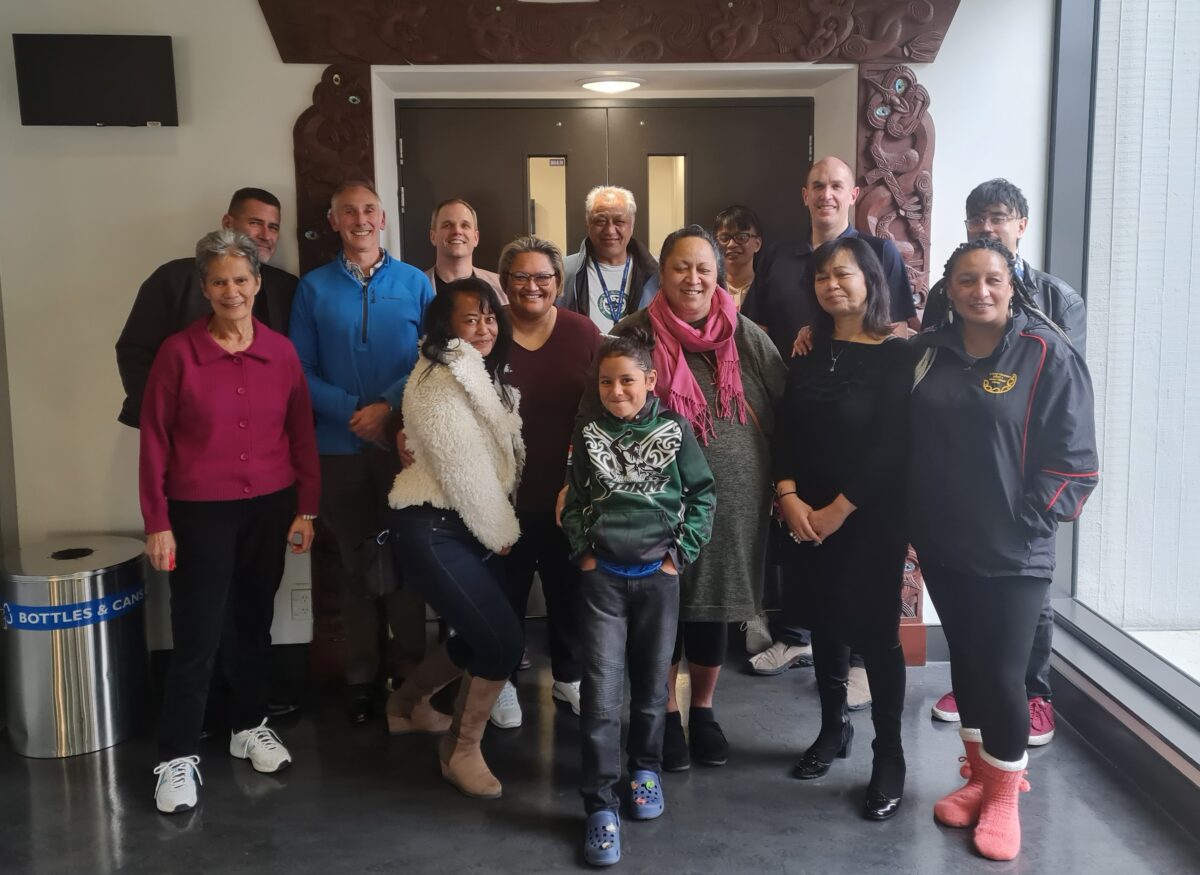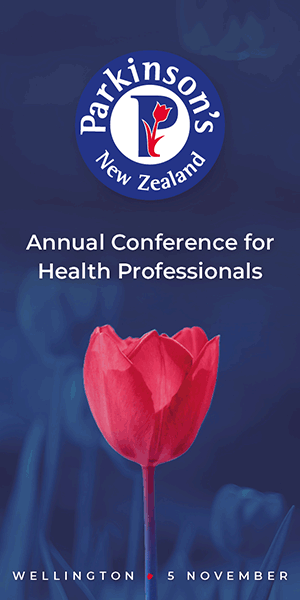Her work may lead to Māori lung cancer patients in the Auckland and northern region being able to receive immunotherapy in their communities, instead of having to travel to hospital.
Williams-Terei, a nurse consultant at Te Whatu Ora Waitematā, claimed the Pharmac clinical emerging researcher award at the New Zealand Society for Oncology (NZSO) conference this month. Not only is she the first nurse to win, she is the first to make it through to presentation stage.
‘It felt good because I knew where it was coming from. It wasn’t from me, I was just fronting it — it was because of the whānau this came to be.’
“It was a really cool experience,” Williams-Terei told Kaitiaki, even though her story and photo-based presentation was up against many “young and passionate” doctors with graphs.
“It felt good because I knew where it was coming from. It wasn’t from me, I was just fronting it — it was because of the whānau this came to be.”
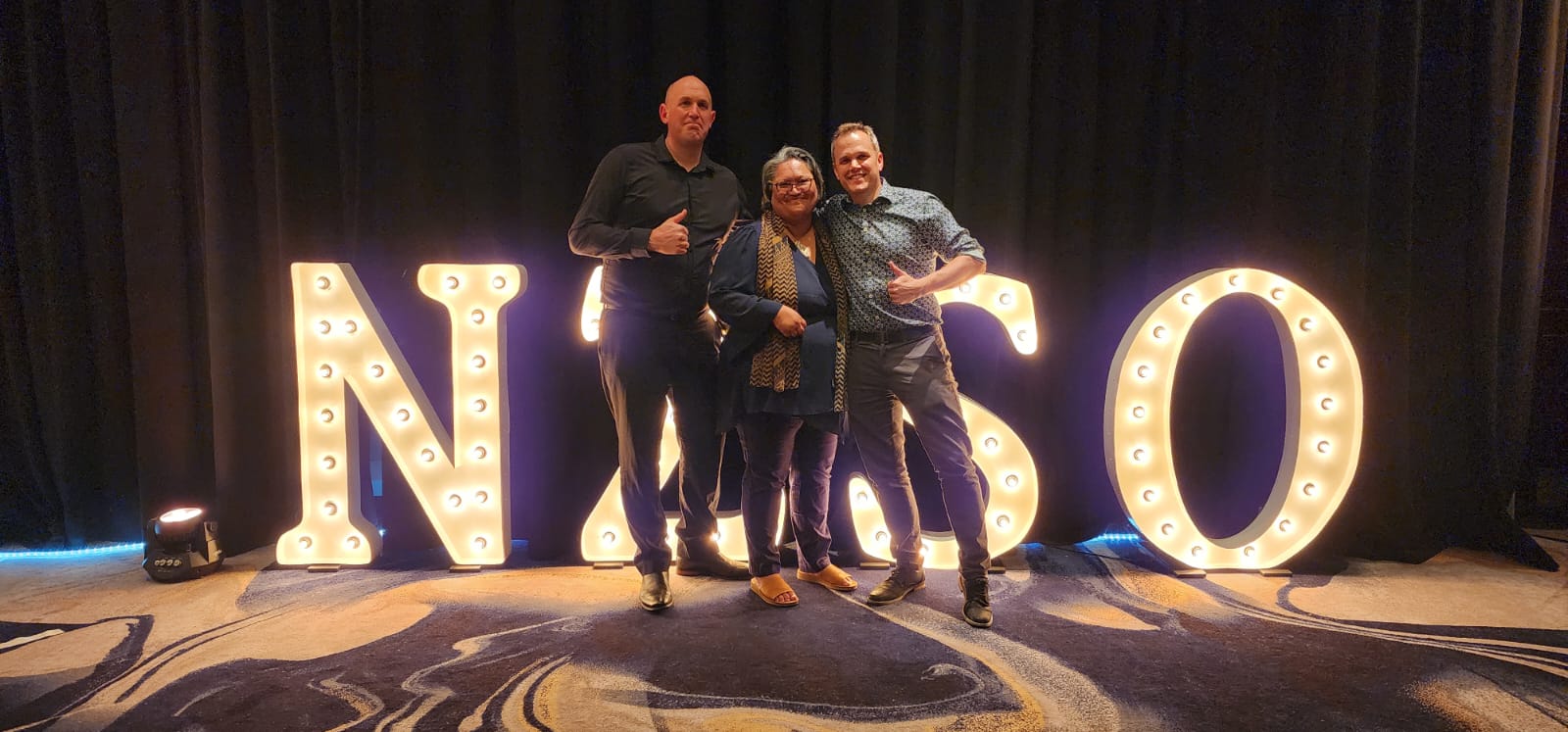
Lung cancer leads Māori cancer death rates
Māori death rates from lung cancer are three times the rate of non-Māori and it is the leading cause of cancer death for Māori. The root cause of such inequity was colonisation and its effects on the indigenous people of Aotearoa, she said. Lacking trust in the health system, Māori with cancer often turned up at emergency departments with advanced symptoms when it was too late.
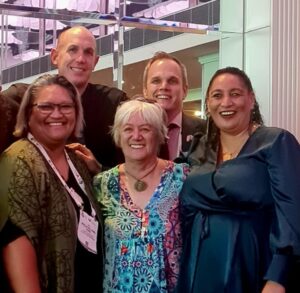
Māori health research at Te Whatu Ora Waitematā, Williams-Terei invited Māori lung cancer patients and whānau from Auckland and the north, Whangārei to Kaitāia, to a series of hui. That led to the establishment in 2022 of Te Rōpū Kāwanatanga, the Māori governance group.
The group, which has about six members currently, is to ensure the voice of Māori lung cancer patients and their whānau lead and steer research into the disease.
‘The hope — and evidence — is that Māori-led research will lead to longer and better lives for Māori with lung cancer.’
Te Rōpū Kāwanatanga is paid to meet quarterly and guides a research team, Te Rōpū Rangahau, of oncologists, nurses, scientists, Māori health and tikanga experts and researchers.
Improving Māori immunotherapy access
It has already led to two new research projects on how to improve Māori lung cancer patients’ access to immunotherapy — a relatively new treatment which stimulates the body’s own immune system to attack cancer cells.
‘It was the mana of the patients that shone through.’
One, led by oncologist Laird Cameron, is looking at how immunotherapy can be most effective for Māori with advanced non-small cell lung cancer. The other, led by Māori health researcher Helen Wihongi, is looking at how to improve access to immunotherapy in the community — a strong preference of patients, Williams-Terei said.
“One of the projects . . . is to engage with Māori providers to see how we can get some of our Māori cancer patients to receive immunotherapy in a marae or community setting instead of coming into Auckland Hospital.”
Both have been funded by the Health Research Council.
The hope — and evidence — is that Māori-led research will lead to longer and better lives for Māori with lung cancer, said Williams-Terei, a member of NZNO’s nursing research section.
‘Outstanding’ project
Laird Cameron, who is also NZSO president*, said her presentation was “outstanding”, reflecting the success of “genuine and early relationships with Māori patients and whānau experiencing lung cancer.
“It was the mana of the patients that shone through.”
Williams-Terei, previously a clinical nurse specialist in cancer coordination for Māori, said the project was about equity and ensuring Māori had access to treatment.
‘They’re not doing it for themselves, they’re doing it for their mokopuna.’
Te Rōpū Kāwanatanga was also teaching the researchers how to look after Māori and keep them safe in their studies.
It had taken time and whanaungatanga to build trust with whānau and patients but they were incredibly committed, she said.
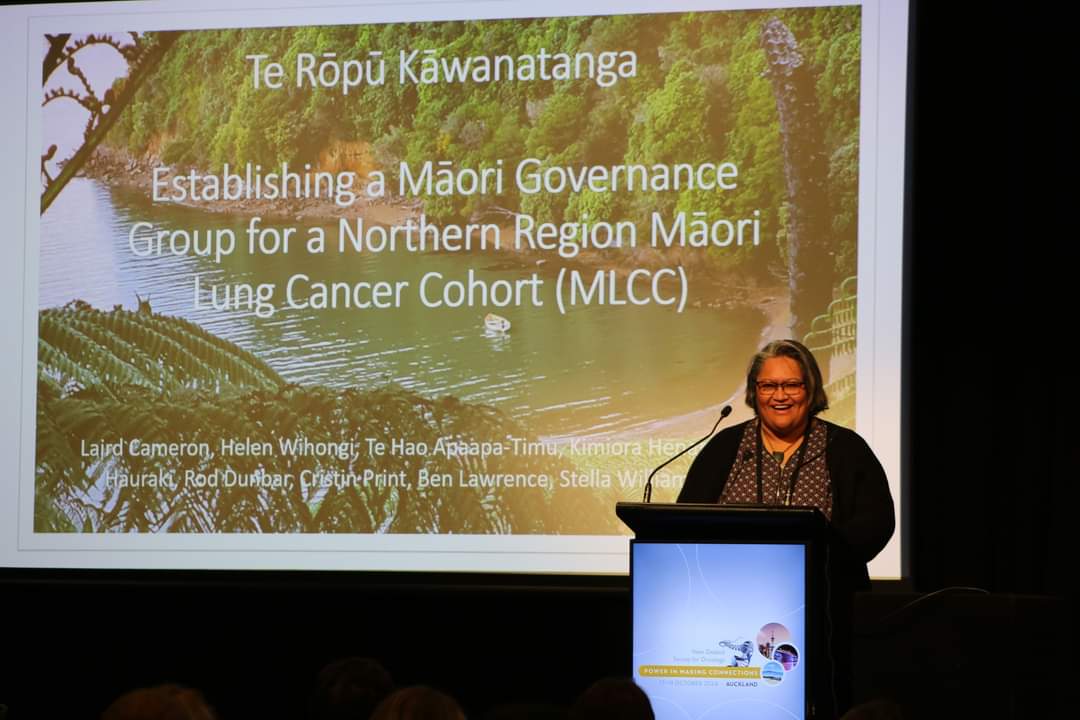
“Whānau have this huge passion to make a difference for other Māori lung cancer patients. They’re not doing it for themselves, they’re doing it for their mokopuna. So they want to leave this legacy for their whānau, their mokopuna — the next generation,” she said.
“Any information they give — that’s a taonga to us, and we need to protect that.”
Pharmac’s $3000 emerging researcher awards are given to a trainee or young member of the New Zealand Society of Oncology (NZSO) to use as they wish — as long as it contributes to advancing their oncology work. They also get support to attend the European Society for Medical Oncology congress in Singapore in December.
Williams-Terei — who is completing her Masters at University of Auckland — also won a Māori cancer researcher award earlier this year for her work looking at Māori nurses in cancer care.
- Laird Cameron has advised Kaitiaki that while he is NZSO president and involved in one of the research projects, he had no involvement in the award judging panel.



